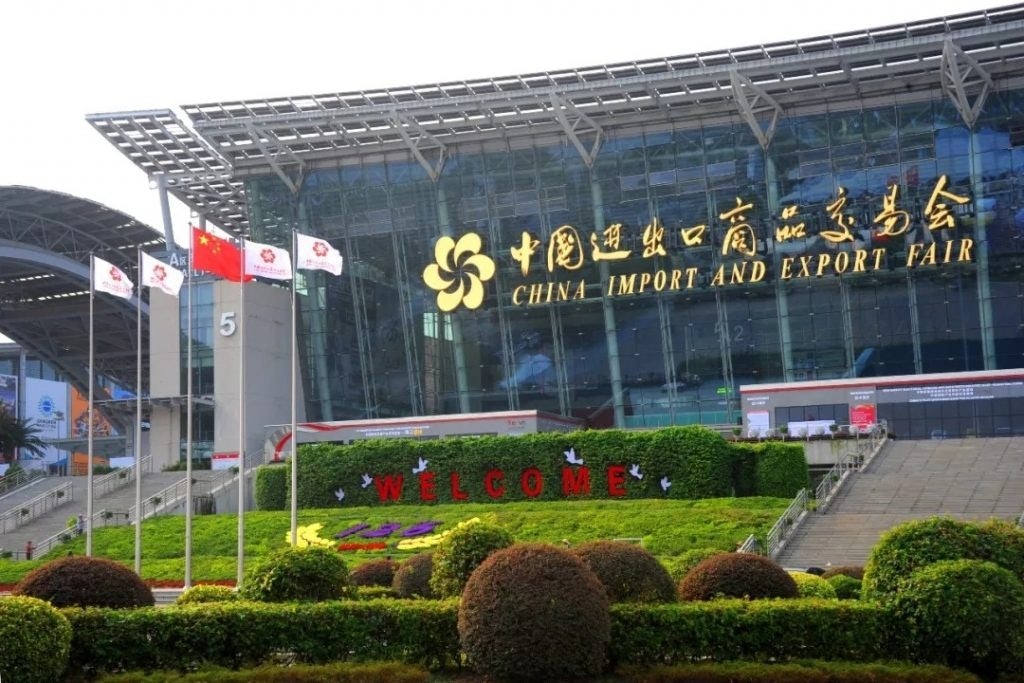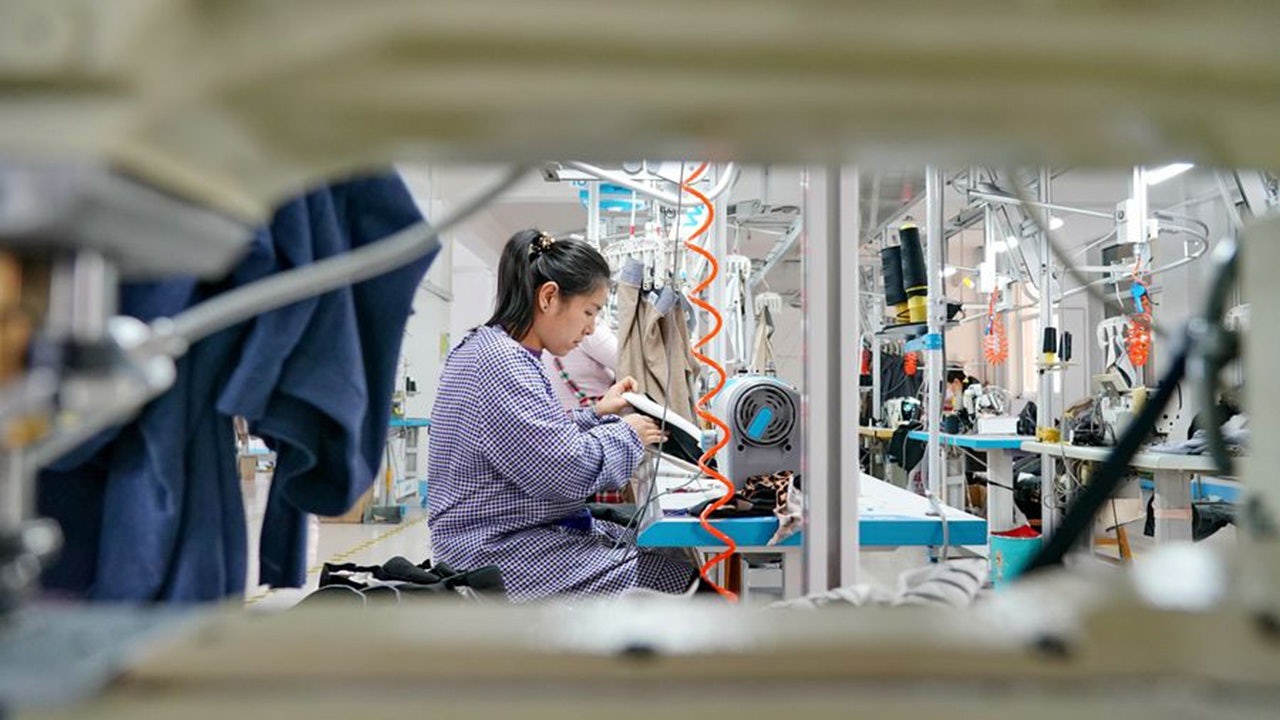Unusual times call for unusual measures. After being battered by COVID-19 since late January, China is quickly adapting to a new normal. Chinese local governments are now hosting shopping festivals, officials are attending livestreaming sessions to drive sales of merchants and are also championing “street stall economy” despite it being previously against city regulations. Last week, with the aim to help exporters, Beijing has officially allowed them to produce orders to sell within China.
As Jing Daily previously reported, exporters, including textile suppliers, are suffering losses and the uncertainty of future overseas orders as many have been halted or canceled. To date, China's economy has already suffered a 6.8 percent decrease in the first quarter of 2020, as its textile and clothing export value dropped 18.7 percent in January and February 2020, compared with the same period in 2019. And no one knows how long it will take for international trade, which constitutes about 38 percent of the national GDP, according to the World Bank, to resume to pre-COVID-19 levels.
Allowing exporters to sell existing orders planned for overseas clients has been in the talks on the local level for some time. But a new development only came on June 22, as the State Council released supporting measures that back “selling export goods domestically” (出口转内销). The recent guidelines from the chief administrative authority are securing the 31 trillion-industry as of 2019, and the jobs of factory workers and account executives.

And much like the recent pivot on street stalls, “selling export goods domestically” has not always been welcomed in China. During the planned economy era in the 80s, for example, labeling products the above term implied that they were of better quality, as Chinese factories produced higher-quality products for export. The new guidelines address the disparity of qualities by reiterating “Three Same” — same production line, same standard, and same quality.
The guidelines also aim to improve the intellectual property protection of non-Chinese brands, including: “[All levels of governments and departments] should strengthen the protection of intellectual property, support exporters to negotiate with brands on authorizing intellectual property.”
For exporters who are used to being manufacturers, they might have the production know-how but not the marketing expertise or established sales channels, which could be a roadblock to their success. To address this, Beijing encourages them to go online. “[We] encourage export companies to connect with e-commerce platforms, encourage them to use livestreaming, experience commerce to boost Online-to-Offline.”
There are already examples that state media outlets love to tout. In late March, China’s coastal city Ningbo inked a deal with the group-buying e-commerce platform Pinduoduo to boost the city’s exporters’ digital marketing strategies and sell Ningbo-made goods to the website’s 481.5 million monthly active users. Orders from the deal are expected to reach 20 billion yuan ($2.8 billion) within a year.
The official move to encourage exporters to sell to local consumers may not be encouraging news for overseas brands. In a recent editorial by the Chinese economic publication 21st Century Business Herald, it wrote that “selling overseas orders domestically should not just be a contingency measure, it’s the right time to help pivot those exporters for the trade-up of both consumption and industry.” Will the guidelines make the already crowded market only more competitive?
